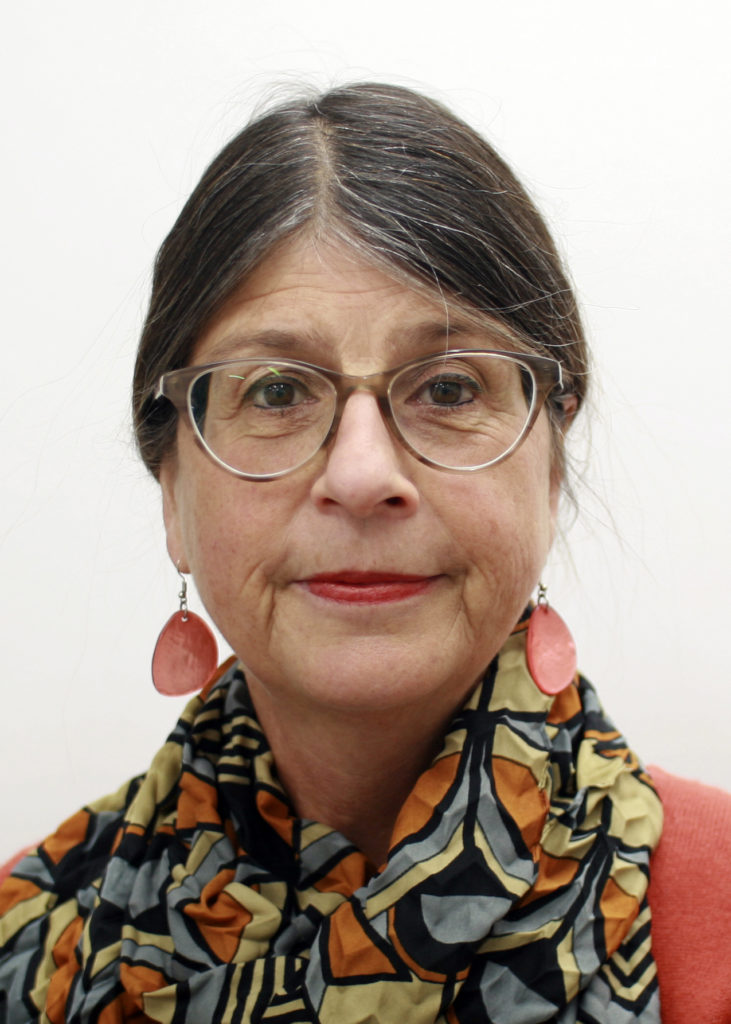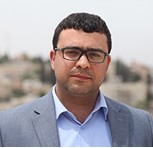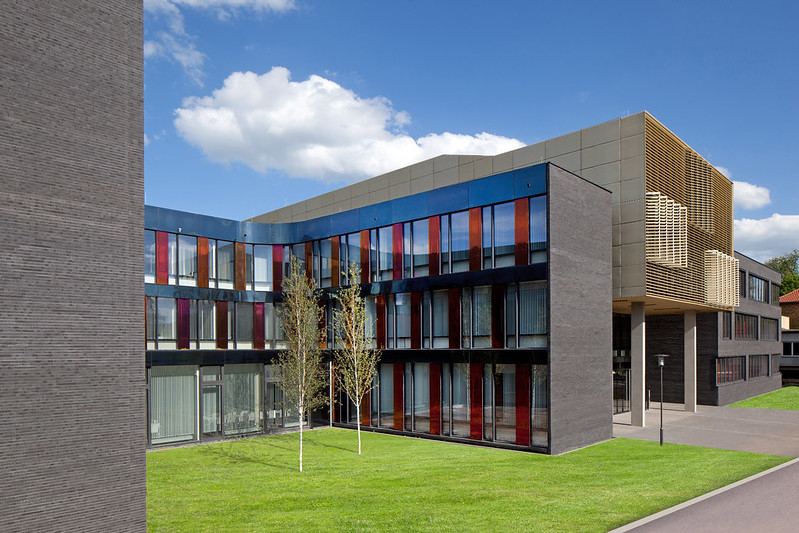About the Project
Law between Dialogue and Translation (The Example of Palestine) – Project Overview
DAAD Program: Higher Education Dialogue with the Muslim World
Full Project Title: Law between Dialogue and Translation: How are International Human Rights Conventions implemented into National Legislation? (The example of Palestine)
Time Scale: 2019-2021

Project Responsibility: Prof. Dr. Irene Schneider, Department for Arabic/Islamic Studies, University of Gottingen

Project Partner: Prof. Dr. Munir Nuseibah, Faculty of Law, Al-Quds University, Jerusalem
Short Description
In 2014, the State of Palestine ratified the Convention on the Elimination of All Forms of Discrimination against Women (CEDAW) along with seven other international conventions on human rights without any reservations. That was followed by presenting a report regarding the implementation of CEDAW at the Office of the United Nations High Commissioner for Human Rights (OHCHR) Headquarters in Geneva in July 2018. However, to date, current legislation and judicial practice in Palestine are neither in accordance with CEDAW nor with other international human rights conventions. In order to understand the challenges to the implementation of international human rights, a number of different aspects have to be considered, among them the complicated Palestinian legal system.
Palestinians living in the occupied West Bank, the Gaza Strip, and East Jerusalem are subject to legal pluralism. This means that many fields of law are until today governed by laws of different origins and different legal traditions, such as Ottoman, British, Egyptian, Jordanian, the Israeli occupation’s civil and military law, and Palestinian statutory law, as well as religious law (mainly Islamic law but also Christian law for matters of personal status), Customary or tribal law, and finally international law.
This project aims to analyze and understand how international human rights conventions such as the UN Women’s Rights Convention (CEDAW), the Rome Statute and others are translated into the national legislation in Palestine up to now. The translational perspective takes into view the translation of different concepts, terms and ideas from one (legal) culture into another. International human rights on the one hand and national Palestinian law on the other are based on specific roots, historical developments and legal traditions and concepts that shaped the respective legal cultures and influence this translation process. The process is accompanied and impacted by negotiations and discourses within the Palestinian society in which state and non-state actors participate and which, too, are object of the project’s research focus.
